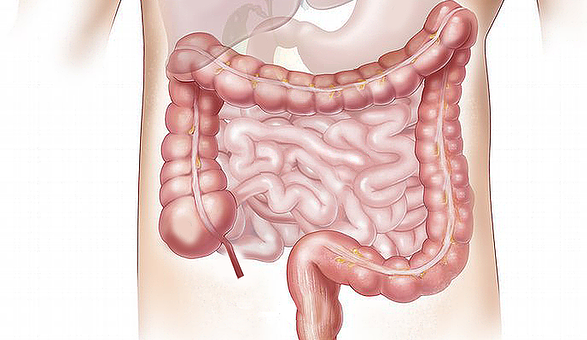Strong teeth are even more vital to health now that average lifespans are stretched in old age. With regular check-ups, cleanings, flossing, and fluoride treatments, we try to protect our teeth. But it is not enough. Dental caries, commonly known as cavities, pose a mounting global health concern with increasing prevalence. Much research confirms that […]
Microbiome Environment
The Microbiome & Probiotics in Space Travelers’ Health
Space travel subjects astronauts to a harsh environment. Microgravity, cosmic radiation, confinement, and other challenges lead to many health risks. Disorders may include reduced immunity, increased infections of the genitourinary tract, reactivation of viruses, bacterial resistance, cardiovascular issues, cancers, cognitive decline, bone loss, muscle atrophy, and mental health concerns. Dysbiotic changes in the gut, nose, […]
Probiotics May Lessen Adverse Effects of Bowel Prep in Colonoscopy
The widespread adoption of colonoscopy screenings has led to rapid decreases in colorectal cancer (CRC) incidence and mortality in the last 20 years. Early detection and prevention with colonoscopies are more effective than other tests such as sigmoidoscopy, guaiac-based fecal occult blood testing, and fecal immunochemical tests. Nevertheless, CRC is still the second leading cause of cancer […]
Age-related Macular Degeneration & the Gut Microbiome
About 200 million people worldwide are afflicted by age-related macular degeneration (AMD), a leading cause of blindness. As populations skew older, numbers are predicted to grow. Although treatments do exist for this complex disease, some patients show poor response. Researchers are now exploring the involvement of the intestinal microbiome in AMD, potentially offering a new […]
Potential of Postbiotics in Iron Deficiency
Nearly 25% of people worldwide are impacted by iron deficiency, resulting in anemia and the inability to maintain sufficient tissue oxygenation, among other negative consequences. Studies have demonstrated that the gut microbiota significantly impacts iron absorption and metabolism, and vice versa. Further, probiotics, prebiotics, and postbiotics have been explored for their potential role in the […]
Potential of Prebiotics in Iron Deficiency
Iron deficiency affects nearly one in four people worldwide, leading to anemia and the failure to maintain adequate tissue oxygenation, as well as other adverse effects. Research has shown that the gut microbiota plays a significant role in iron absorption and metabolism, and probiotics, prebiotics, and postbiotics have been studied as potential therapies for iron […]






